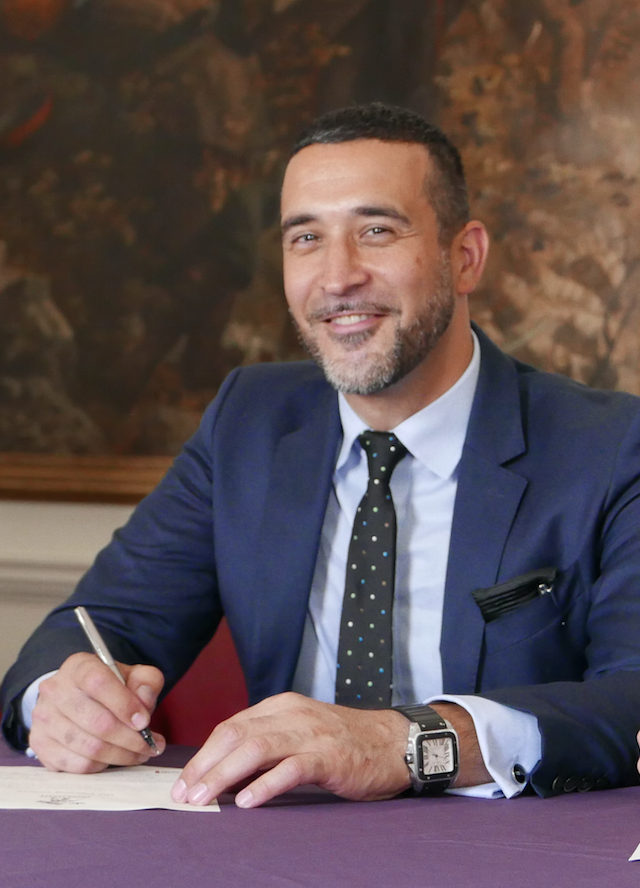The Fighting Chance uses boxing training to bring about improvements in people’s lives.
Everyone deserves the support they need to feel better, get some training, or find work. No one should be left behind.


Our Mission
To improve people’s lives through boxing training.
We support those who need it most to Feel Better, Improve Wellbeing, Find Work and Access Training.
We engage and inspire while offering personalised support that change lives.

Imran Khalil
“I founded The Fighting Chance in 2015 because I wanted to make a difference. I saw through first-hand experience how some people don’t always get the help they need. The ones who need most help often get left behind. My experience of boxing training and the impact it had on my life made me realise this could be used to help others.
I realised the core principles of boxing training: discipline, teamwork & self-control gets people engaged and motivated. So, I set about developing a programme that linked the motivating power of boxing training with individual support for those who need the most help.
Boxing training helps bring about individual improvements in health and wellbeing, getting into work, or just feeling better. Feeling better is important – it’s often the first step towards lasting change. People don’t or won’t change until they start to feel better.”


Why boxing?
We use boxing training because evidence shows boxing training can be used as a vehicle to influence behavioural change. Even more than team sports.
Boxing training engages the hardest to reach. It brings people together. It breaks down barriers.
Offers a credible alternative to mainstream interventions. It’s a good vehicle to learn skills: Discipline, Mental strength, Focus. Good for tackling social problems, Engage the hard to reach, Developing values
From the Walker Report
Our boxing training is: Strictly non-contact. It’s a structured and technical programme.
Key benefits of a technical boxing training programme:
“Improves balance, helps posture, enhances mood, improves hand-eye coordination, and may increase alertness and attentiveness.”
From Harvard Medical School


